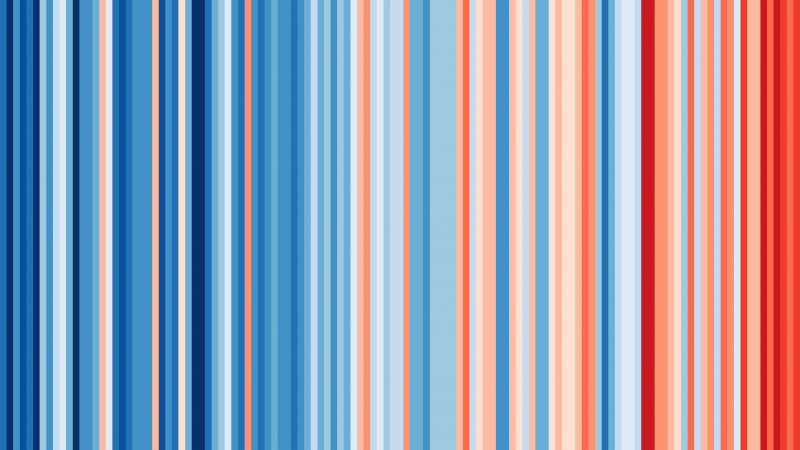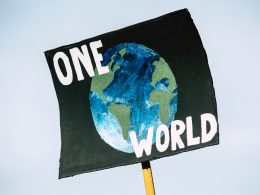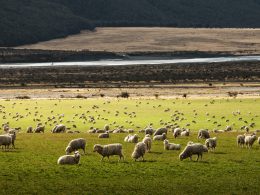To make progress in any challenge, it helps to know what you are up against.
In this article, I’ll take you through some of the biggest challenges built into the climate emergency and share advice on what we can do to help.
The climate change communication breakdown
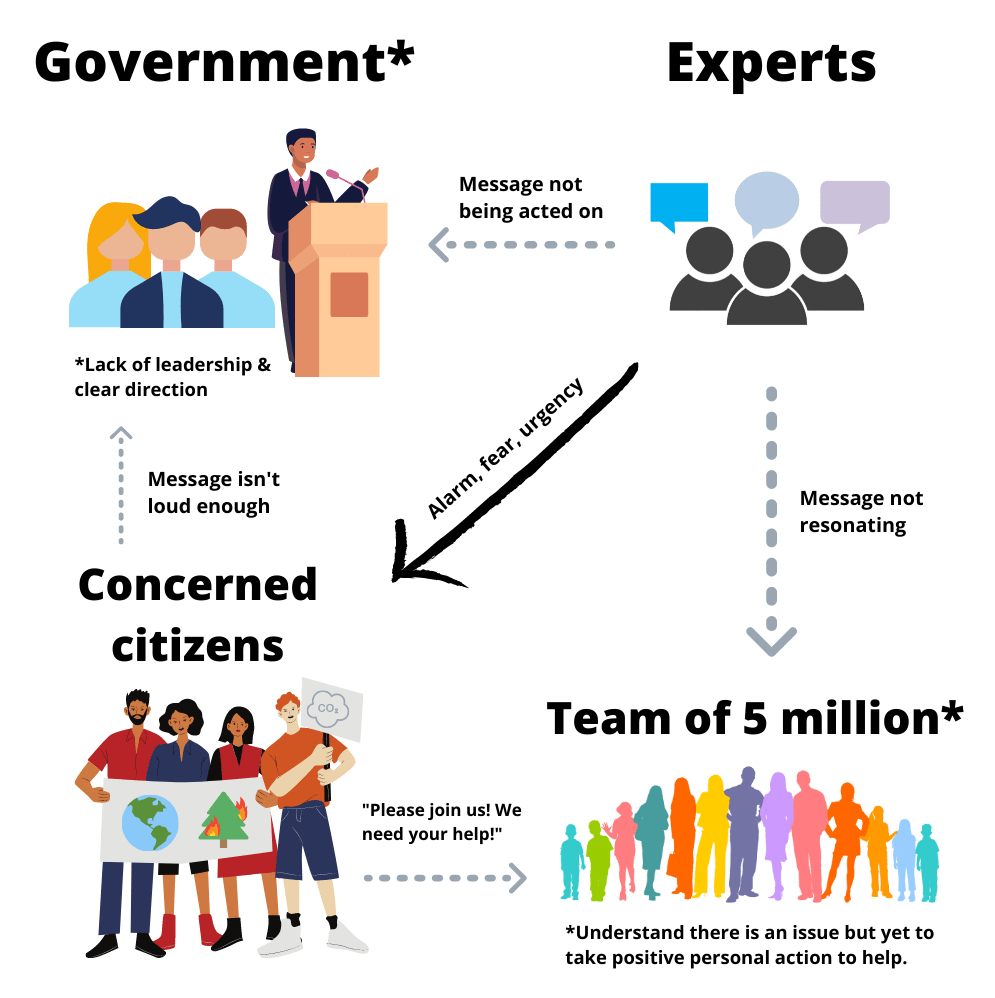
If we consider global warming a villain, one of its most devious characteristics is complexity. Explaining what is going on involves talking numbers in the millions and billions. It involves chemistry, invisible gasses, carbon dioxide equivalents and countless abbreviations. It can be hard to comprehend what this all means when you lead a busy life, raising kids, trying to put food on the table, and solving all the day-to-day problems life throws your way.
It’s easier to shut the message out than it is to lean in and learn more about the problem, especially when that climate messaging doesn’t speak to us in a personal, meaningful way.
Climate experts are alarmed and deeply concerned about what climate change means for humanity, but often talk in a language that causes many of us to mentally switch off. So the message doesn’t seem to be getting through. Or at least, not enough to bring about the changes we need to make.
To get more passengers on the climate-action bus, we need to find ways of talking about the climate emergency that resonate with the majority of our population. This may mean more of a focus on how climate disruption will impact local communities, rather than how it impacts the world as a whole. And more of a focus on positive and negative actions, rather than CO2 parts per million.
Climate solutions require changes (ie. improvements) to our economy
Another devious characteristic of the climate crisis is its insidious ability to turn us against each other, with farmers feeling like the world is against them whenever emissions reduction targets are discussed.
Somehow, in our modern world, ‘the economy’ has been appointed god-like social status. Such that everyone is scared to propose solutions (ie. changes to the status quo) that might actually be good for our economy in the long term. Like supporting farmers to diversify our main export income away from meat and dairy, which may have a limited future in a low-carbon world, to more climate-positive alternative land uses.
Our collective human actions have caused climate change. So its solution requires us to change human practices that are ingrained as part of our culture.
Those of us who are fortunate enough to be Kaitiaki (guardians) of our great land hold the keys to unlock a sustainable future. We urgently need to find efficient, low-carbon ways of feeding our population.
In the meantime, as consumers, we should send clear buying signals to farmers by supporting products that have the lowest possible impact on our planet.
Government and local councils keep tip-toeing toward real change
Who wants the job of trying to keep everyone happy? Knowing if you get it wrong, you might get voted out in a matter of months and any progress you’ve made could be wiped out. In this real-life scenario, do you push for urgent change? Or creep slowly towards improvement with endless inquiries, reports and the occasional subsidy?
Until our appointed leaders act with urgency and lead by example, how can we expect their voters to take meaningful personal action? It’s all well and good to declare a climate emergency, but that doesn’t lower the price of vegetables or make buses cheaper. We aren’t putting our money and our actions where our mouths are.
Electric car subsidies have increased demand for climate-friendly cars but this is a solution that only helps affluent people feel a little better about their decisions. In addition, we need accessible solutions with potential for serious positive impact, like:
- Free organic waste collections for every household (or easy access to compost bins)
- Removing GST on fruit and vegetables (and other low carbon, healthy foods)
- Grants and support for farmers looking to switch from growing animals to growing plants like oats, wheat, corn, quinoa, hemp and many more
- Cheaper bus fares with improved networks
- Taxes on manufacturers choosing single-use plastic packaging
- Education for adults around the effects of climate change and why it’s important that we take action now
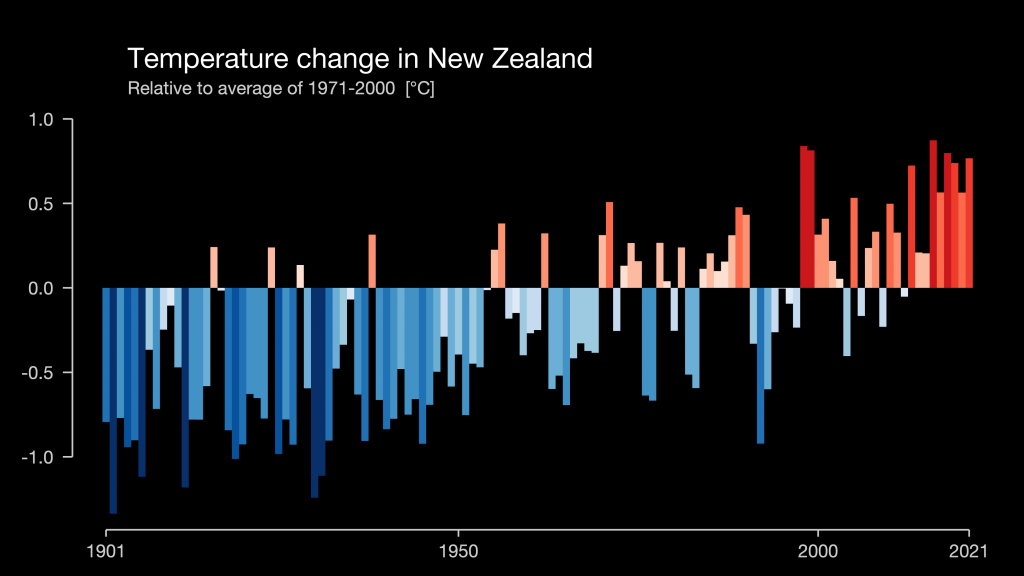
We believe personal changes won’t make a difference
Possibly the most challenging aspect of the climate crisis is its global scale. We battle with our insignificance in the face of such a monumental force.
This is a worldwide problem, so what difference can you and I make? It’s up to governments to fix this, right?
This comes back to communication. Every time a wildfire or once in a hundred-year flood is reported on the evening news, or a new scientific climate finding is discussed, there needs to be follow-up advice around action steps we can individually take to help. We worry about the people around the world who are dying and losing their homes in ever-more-frequent natural disasters. But we also need to make space to think about how our own actions align with those concerns.
Otherwise, our awareness of our own insignificance in the world becomes the mental tool we use to excuse ourselves from taking action.
Putting all the responsibility on the government to fix our problems is simply a convenient way of absolving ourselves of our personal responsibility.
Governments and large corporates are reactive.
They will change when enough of us demand it. When we stand united and call for urgent action. When we lean into the problem and lead by example.
Individual change might not mean much, but change as a society could save the world. And isn’t change as a society just the collective personal change of millions of individuals?
Isn’t it time we all got on the climate bus? Especially when the solutions are easy and accessible?
We only vote once every 3 years, but we make decisions that have a positive or negative effect on the climate, all day, every single day: What we eat, the products we buy, the energy we use, the car we drive, how far we travel and how much waste we create.
Here is what you can do about climate change…
Now is not the time to be fatalistic. We don’t have to go out like this.
According to Project Drawdown, which has ranked every known (currently available) solution to climate change, plant-rich diets and reducing food waste are in the top 4. That’s way above electric vehicles (no. 26), LED lighting (no. 33), mass transit (no. 37) and household recycling (no. 55).
So if you’re reading this and thinking, what can I do? One option is to start by eating less meat. Numerous studies have shown you can halve the personal carbon emissions of your diet by eating less meat.
Yes, the whole idea of the carbon footprint was created by fossil fuel companies and right-wing media empires to shift the burden of responsibility away from multi-national corporations and onto individuals, so I try to avoid using that term. But at the end of the day, you and I don’t control any large fossil fuel companies, so let’s focus on what we can control – our own personal decisions.
Next up, find ways to reduce food waste and support others to do the same. You can do this by getting creative in the kitchen, eating almost everything you buy and composting whatever is leftover. You might also consider joining your nearest CSA (community-supported-agriculture) project, which helps farmers avoid food waste by knowing exactly how much produce to grow and harvest.
Following that…
Vote for elected officials who care about the climate crisis and get behind sustainable companies that are trying to help.
When you have spare funds to donate, consider donating to charities fighting the climate crisis*. This is an area where you can effect serious change for a relatively small amount of money.
The next thing to consider is how you are using your 40-hour workweek. Since this time is your gift to society as a whole, why not make sure your time is being spent in a positive way? Is your life’s work part of the solution? How could you use your unique skill set to help our society transition to a more sustainable existence?
We simply don’t have time to wait for the world to come to its senses. We all need to get out in front and lead the charge. The lives of our children and their children depend on it.
——————————-
Where to donate to help the climate crisis…
*The Carbon Critical Net-Zero fund provides an easy way for New Zealanders to donate to some of the world’s most effective climate-change-fighting charities, some of whom can avert 1 ton of emissions for as little as $1 US dollar. Since most kiwis are responsible for around 7 tons of carbon emissions per year, that means you could offset your personal carbon footprint for as little as $7 US dollars (approx. $10 NZ dollars).
Making a difference doesn’t have to be hard, or expensive. Click here to learn more.





